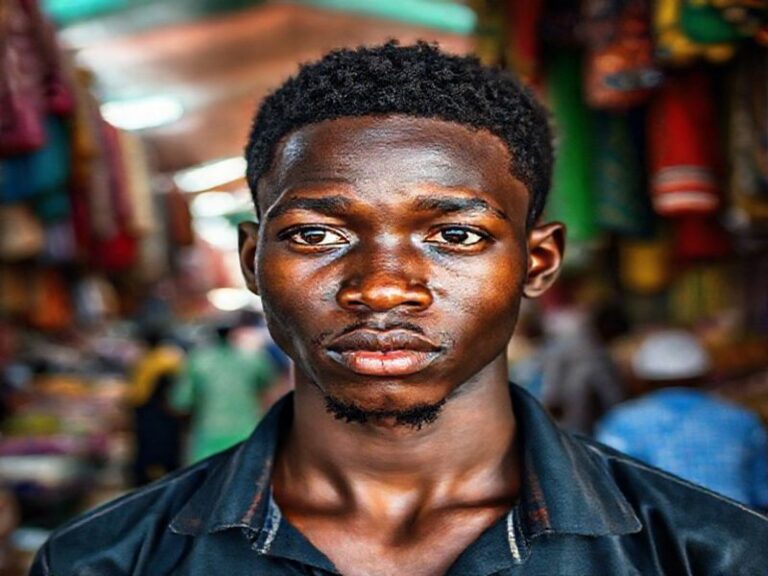FotMob: The App That Turns Every Human on Earth into a Sleepless Football Hooligan
If you want a crash course in planetary mood swings, forget the nightly news—just open FotMob. The little green icon on 55 million phones is essentially a portable ECG for the collective psyche of Earth, beeping every time a 19-year-old winger in La Liga stubs a toe and an entire continent winces. In the grand tradition of humanity outsourcing its emotions to technology, we have entrusted our weekend dopamine cycles to a Norwegian-built app that can tell you, down to the second, when a substitute in the J-League scores a consolation goal that will ruin 37,000 accumulator bets from Lagos to Lima.
FotMob’s genius is not in the data—every stat nerd with a Raspberry Pi can now quantify expected goals like a Swiss customs officer weighs cheese—but in the delivery. Push notifications arrive with the urgency of a Red Cross bulletin: “RED CARD! Al Ittihad’s centre-back just got sent off in the 93rd minute.” Somewhere in Jakarta, a man drops his nasi goreng; in Toronto, a futures trader refreshes his in-play spread; and in Kyiv, a soldier on night watch grins because the universe has momentarily punished someone else. The app has become the Esperanto of schadenfreude.
Consider the geopolitics: when Saudi Arabia’s sovereign wealth fund started vacuuming up Europe’s geriatric galácticos, FotMob’s servers glowed white-hot from Riyadh to Reykjavik. Suddenly, the SPL (a league previously known only to Wikipedia hobbyists) sat atop trending lists beside the Champions League. The app didn’t editorialize; it simply gave us the numbers, letting 1.4 billion smartphone users decide whether Cristiano Ronaldo’s latest bicycle kick was heroic or merely the most expensive interpretive dance in history. Soft power, once projected via BBC World Service jazz, now pings through goal alerts at 3 a.m.
Meanwhile, the global south has weaponized FotMob’s free tier against cable monopolies. In Nairobi barbershops, the screen under the clippers flashes live xG while a dusty TV shows infomercials. In La Paz, teenagers stream Bolívar vs. The Strongest on dodgy Wi-Fi, then fact-check the ghost goal on FotMob before the referee’s VAR headset has even rebooted. The app hasn’t toppled dictators, but it has certainly ruined their Saturday afternoons when the home team concedes from a set piece.
Advertisers, ever the vultures circling human attention, now bid for banner space between injury-time updates. A single well-timed pop-up—“Hungry? Order dumplings, delivered before the penalty shootout”—can move markets. Chinese Super League fans reportedly crash food-delivery apps during stoppage time, creating a feedback loop of gluttony and despair that would make Wall Street algorithmic traders blush. There’s something poetic about humanity’s twin cravings—victory and dumplings—being monetized in the same scroll.
But FotMob’s darkest magic is existential. The app gamifies the very passage of time. You don’t merely watch football; you watch yourself watching football, each notification a tiny memento mori reminding you that another 90 minutes of your finite existence has dissolved into Sergio Ramos’s yellow-card tally. The “Dark Mode” isn’t just a UI choice; it’s a philosophical statement. We are all unpaid interns in the analytics department of the void, tapping refresh on our own mortality.
And yet, hope survives in the margins. Somewhere in a refugee camp in northern Jordan, kids huddle around a cracked screen, cheering Borussia Dortmund because their geography teacher once showed them a picture of the Yellow Wall. The app translates the beautiful game into the Esperanto of possibility: tomorrow, maybe, someone will scout you via a grainy WhatsApp clip and a FotMob stat line. Until then, the push notifications keep coming, little green metronomes measuring out the world’s heartbeat—one goal, one groan, one late-night dumpling order at a time.







